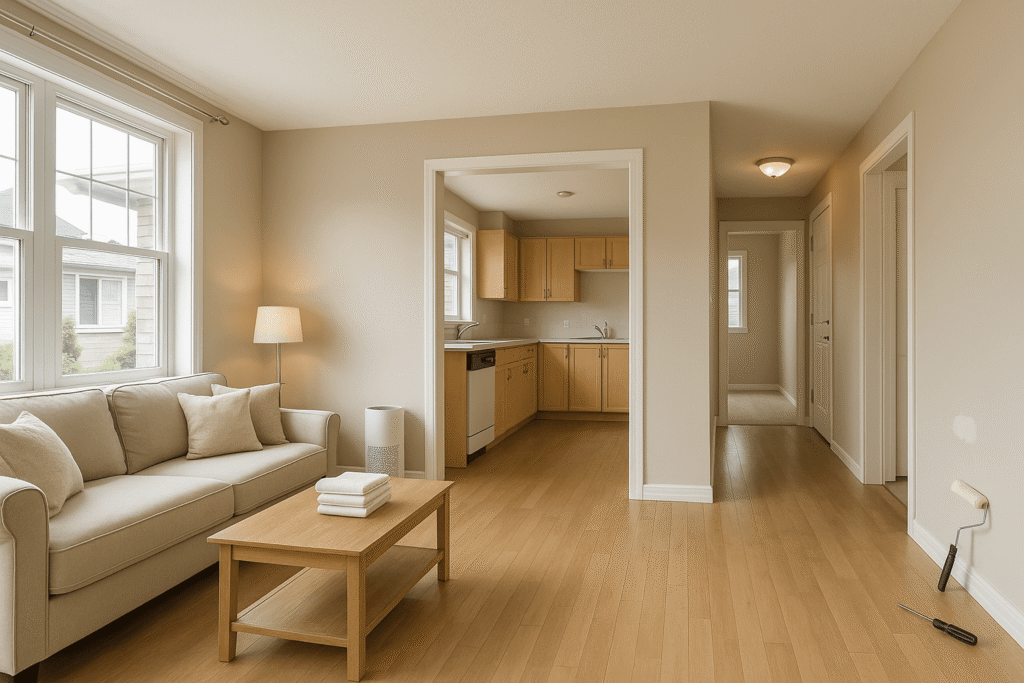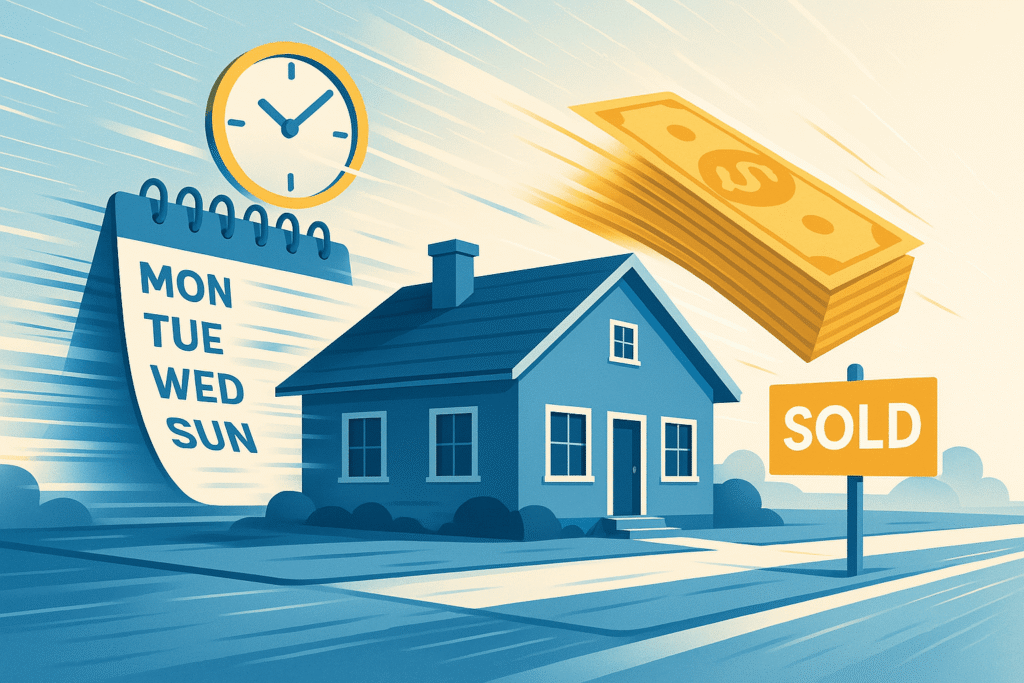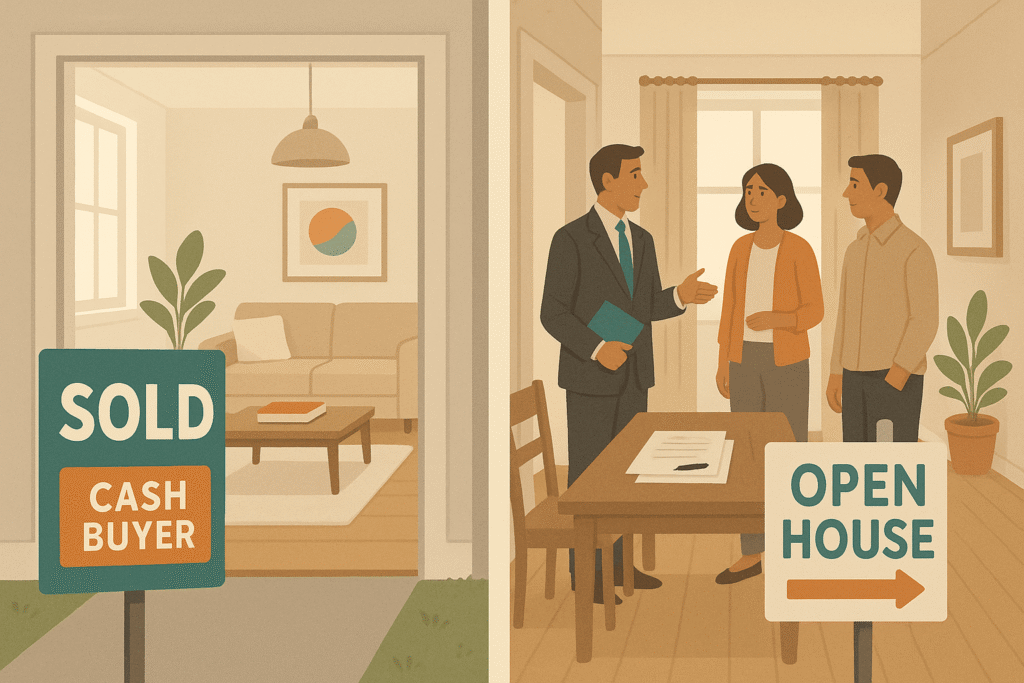Ever noticed how your grandparents or elderly neighbours are up and about before the sun rises? While it might seem like a quirky habit, waking up early is actually a common and natural part of ageing. As we grow older, our sleep patterns undergo several changes, influenced by shifts in our internal body clock, hormonal activity, and even the structure of our sleep. Here’s a look at what science has to say about why older adults tend to rise earlier and whether it’s something to be concerned about.
How the circadian rhythm affects sleep in older adults
Our body operates on a 24-hour internal clock known as the circadian rhythm, which regulates our sleep-wake cycle based on light and darkness. According to sleep specialists, one of the main reasons older adults wake up early is because their circadian rhythm begins to shift with age.This phenomenon is called the “advanced sleep phase.” It means the body starts releasing melatonin, the sleep hormone, earlier in the evening, leading to earlier sleepiness and, in turn, earlier waking. Additionally, cortisol, a hormone that helps us feel alert, peaks earlier in the morning than it does for younger people. Together, these hormonal and neurological shifts make older adults feel tired sooner in the evening and naturally rise earlier.As people age, their sensitivity to environmental cues like daylight may also decrease. This can further disrupt the circadian rhythm, especially if there’s limited exposure to morning sunlight or an inconsistent daily schedule.
Why sleep gets lighter and more fragmented with age
Sleep isn’t a single, uniform state. It occurs in cycles made up of different stages, including light sleep, deep sleep, and REM (Rapid Eye Movement) sleep. With age, the amount of deep restorative sleep tends to decline, while lighter sleep becomes more prominent.This shift means older adults are more easily awakened by noise, discomfort, or temperature changes. They may also experience more fragmented sleep, waking up several times throughout the night. Research has shown that total sleep duration can decrease by about 10 minutes per decade after midlife, and deep sleep may drop by about 2% per decade until age 60.
The link between hormones and early rising in older adults
Hormones play a key role in sleep regulation, and several of them undergo changes as we age. Melatonin production tends to decline over time and is released earlier in the evening. This not only affects the timing of sleep but can also lead to shorter sleep durations.Other hormones, like growth hormone and testosterone, which support deep sleep, also decrease with age. Meanwhile, cortisol begins to rise earlier in the morning, pushing wake-up times forward. Together, these hormonal changes contribute to the early-to-bed, early-to-rise pattern that’s common among older adults.
Waking up early vs. sleep disorder: what’s normal and what’s not
While waking up early can be a normal part of ageing, it’s important to distinguish these natural changes from sleep disorders like insomnia.Insomnia is defined as having trouble falling asleep, staying asleep, or waking too early at least three times a week for three months or longer, and it impacts daily functioning. If an older adult experiences fatigue, irritability, or trouble concentrating during the day, it may indicate something more than just age-related sleep changes.Chronic insomnia affects up to 48% of older adults globally. If sleep disturbances become persistent or start affecting mood and energy levels, seeking medical advice is recommended.
Lifestyle tips to improve sleep in older adults
Fortunately, there are several ways to support better sleep as we age. Simple lifestyle habits can make a significant difference:
- Stick to a routine: Go to bed and wake up at the same time every day to regulate your body clock.
- Get morning sunlight: Exposure to natural light early in the day helps reinforce a healthy circadian rhythm.
- Limit stimulants: Avoid caffeine and alcohol in the evening, and reduce screen time before bed.
- Exercise regularly: Physical activity promotes deeper sleep, but avoid strenuous workouts close to bedtime.
- Create a restful environment: Keep the bedroom cool, dark, and quiet. If you nap during the day, limit it to 20–30 minutes and avoid late-afternoon naps.
Waking up early in older age is usually a normal part of the ageing process. It reflects natural biological and hormonal changes that shift sleep timing and depth. However, if early awakenings are paired with poor sleep quality or daytime fatigue, it’s important to rule out potential sleep disorders. By understanding how ageing affects sleep and adopting good habits, older adults can continue to enjoy restful, rejuvenating nights.Also Read: Yoga poses for digestion: Gentle asanas to ease bloating and enhance your gut health after meals







